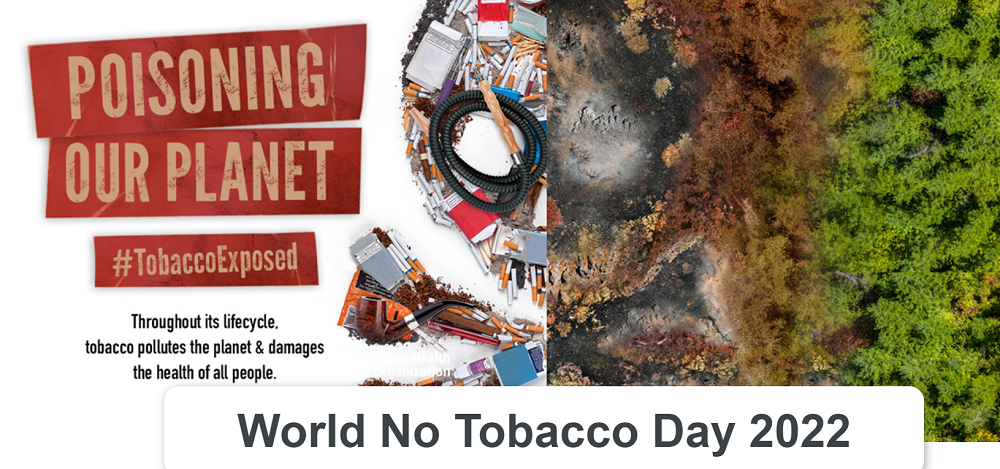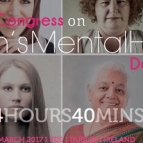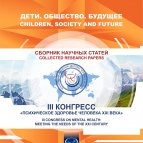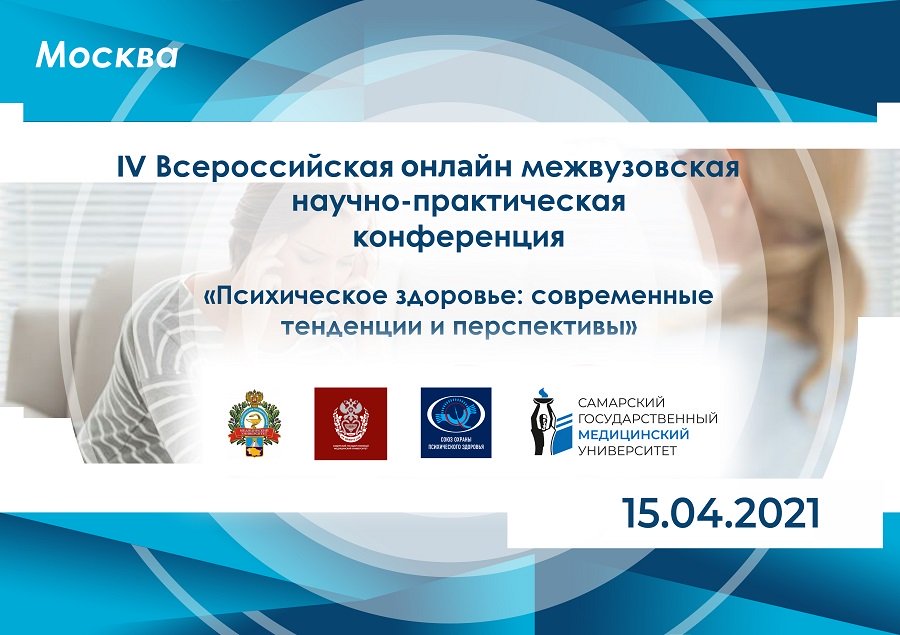Data for action on early childhood development
Linda M Richter, Claudia Cappa, Ghassan Issa, Chunling Lu, Nicole Petrowski, Sara N Naicker
Published online in the Lancet: November 19, 2020 DOI: https://doi.org/10.1016/S0140-6736(20)32482-
Early childhood development (ECD) in the first few years of life lays the foundation for a lifetime’s mental and physical health, education, labour market productivity, and wellbeing[i]. ECD is receiving increasing attention and is included in the Sustainable Development Goals (SDGs). Expanded 2020 ECD Countdown to 2030 country profiles[ii] will be launched by UNICEF and Countdown to 2030 on Nov 23, 2020, shortly after Universal Children’s Day on Nov 20, 2020. The updated profiles cover 42 ECD indicators and 197 countries, including 60 high-income countries (HICs), that encompass 99·8% of the world’s children younger than 5 years (figure). The profiles reveal substantial threats to ECD across the world: fewer than half of infants younger than 6 months are exclusively breastfed in most countries with data; at least 25% of children younger than 5 years are stunted in about a third of the countries; fewer than half of young children in a third of the countries receive the benefits of early stimulation and responsive care by adults in their home; and more than three-quarters of children aged 1–4 years experience violent discipline by their caregivers in almost half of the countries.2 Urgent action and investment in ECD by governments and national and international organisations are needed.
Although the country profiles are progress towards establishing a global monitoring and accountability framework for ECD[iii], daunting challenges remain. Among countries with available data on ECD indicators—mostly derived from UNICEF-supported Multiple Indicator Cluster Surveys (MICS), USAID-supported Demographic and Health Surveys (DHS), and other nationally representative household surveys—fewer than half have data on crucial indicators such as child poverty, or whether young children receive a minimally acceptable diet or attend early education. Rights-based advocacy has helped to raise the availability of data on duration of paid maternity leave[iv] and birth registration[v] to above 90% in countries included in the country profiles. By 2018, only 40 countries had trend data on important ECD indicators: 17 on early education, 14 on home stimulation, and 13 on the ECD Index[vi].
 Variations in definitions, indicators, and questionnaires used to collect data occur between international survey programmes such as MICS and DHS, which are mostly done in low-income and middle-income countries (LMICs), and administrative and survey data collected in HICs. These variations compromise international comparability of data that is crucial to global monitoring. An important part of ECD is responsive caregiving for which operational definitions are urgently needed. While all human beings are dependent on love to survive and thrive, it is difficult to define and measure responsive caregiving across cultures and contexts in a standardised and comparable way. Similarly, comparable data on policy facilitators, such as government spending on ECD and family support for ECD, require a common understanding of what constitutes essential ECD services and how to quantify them.
Variations in definitions, indicators, and questionnaires used to collect data occur between international survey programmes such as MICS and DHS, which are mostly done in low-income and middle-income countries (LMICs), and administrative and survey data collected in HICs. These variations compromise international comparability of data that is crucial to global monitoring. An important part of ECD is responsive caregiving for which operational definitions are urgently needed. While all human beings are dependent on love to survive and thrive, it is difficult to define and measure responsive caregiving across cultures and contexts in a standardised and comparable way. Similarly, comparable data on policy facilitators, such as government spending on ECD and family support for ECD, require a common understanding of what constitutes essential ECD services and how to quantify them.
Despite these challenges, encouraging initiatives are underway. Coordinated by WHO, UNICEF, and the World Bank, multidisciplinary experts are moving forward with measures of responsive caregiving[vii]. Another example is the launch of the revised ECD Index 2030, along with the ECD country profiles, and its recognition as a tool for generating comparable data on children’s developmental outcomes for global monitoring of SDG 4.2.1.
Improvements in the availability of data on ECD indicators have been driven by the inclusion of questions on children’s health, learning, nutrition, and family environment in standardised household survey programmes. Since their inception in 1984 and 1995, DHS and MICS have collected data in more than 120 LMICs.
Since 2005, questions on quality of care at home, parenting practices, access to early childhood care and education, and developmental status of children are part of MICS standard questionnaires, making MICS the largest source of internationally comparable data on young children. ECD data collected before the start of the COVID-19 pandemic will provide countries with useful baselines to assess the potential effects of health and societal disruptions on young children and their families. Under lockdowns and other preventive measures, many families have become the sole providers of the nurturing care required for young children’s development—good health, adequate nutrition, safety and security, learning opportunities, and responsive and supportive interactions with adults. The abilities of families to sustain nurturing care under economic and other stresses are being stretched. The likely worsening impact of continued income cuts and parental mental distress on the healthy developmental trajectory of many children will only reliably be estimated with available data on ECD. Within just a decade, ECD measurement and monitoring have started to be mainstreamed. However, to achieve a universal picture of how young children are faring, as well as progress and setbacks to improve their lives and their futures, we need more countries, including HICs, to adopt and prioritise the measurement of internationally comparable ECD indicators. Much more work is needed to advance ECD, never more so than now, when young children in all countries face threats to their survival, health, and development resulting from or exacerbated by the COVID-19 pandemic[viii].
Published online in the Lancet: November 19, 2020
[i] Shonkoff JP, Richter L, van der Gaag J, Bhutta ZA. An integrated scientific framework for child survival and early childhood development. Pediatrics 2012; 129: e460−72.
[ii] Countdown to 2030. Early Childhood Development Profiles. 2020. https://www.countdown2030.org/early-childhood-development-profiles (accessed Nov 17, 2020).
[iii] Richter L, Black M, Britto P, et al. Early childhood development: an imperative for action and measurement at scale. BMJ Global Health 2019; 4: e001302.
[iv] World Policy Analysis Center. Parental Leave Database. 2020. https://www.worldpolicycenter.org/ (accessed Nov 17, 2020)
[v] UNICEF. State of the world’s children. New York: UN Children’s Fund, 2019
[vi] Lu C, Cuartas J, Fink G, et al. Inequalities in early childhood care and development in low/middle-income countries: 2010–2018. BMJ Global Health 2020; 5: e002314.
[vii] WHO, UNICEF, World Bank, Nurturing Care Framework Implementation Working Group. Nurturing care for early childhood development. 2020. https://nurturing-care.org/ (accessed Nov 17, 2020).
[viii] Yoshikawa H, Wuermli AJ, Britto PR, et al. Effects of the global coronavirus disease-2019 pandemic on early childhood development: short- and long-term risks and mitigating program and policy actions. J Pediatr 2020; 223: 188−93.









